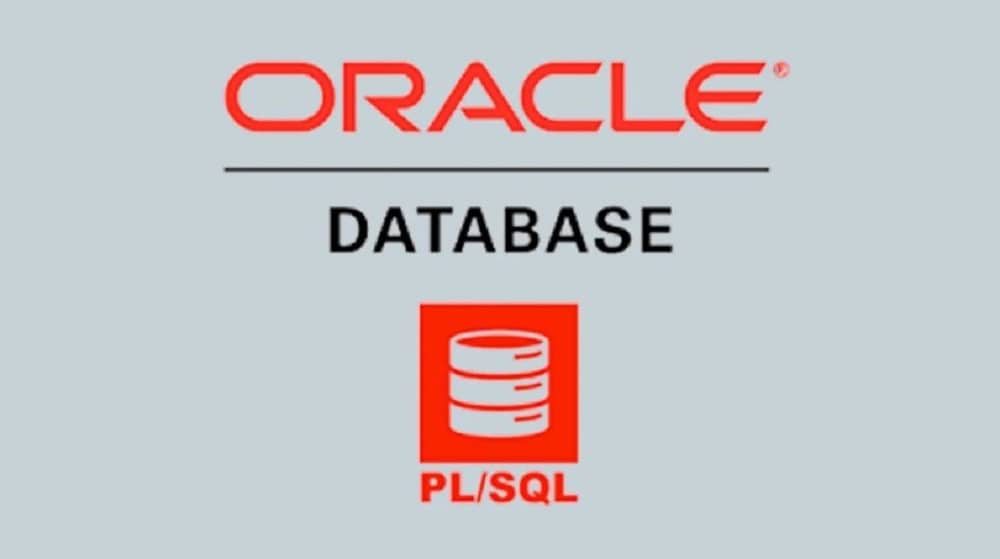
IT is a dynamic sector of our economy. That means that it is critical that you are a dynamic employee and participant. At its core, being complacent and resistant to change can decrease your career prospects and promotions.
Being in the industry for over 30 years, I have spoken with many lead, mid level and, entry level PL/SQL Developers. Based on what I have heard and seen over the years from these developers across all industries and company sizes, here are top 6 mistakes PL/SQL Developers make in their career.
1. Poor communication

One of the most common career missteps I have seen in PL/SQL Developers is the lack of softs skills, particularly effective presentation and communication skills.
In today’s business world, IT touches everyone.
That is why it is essential to have great presentation skill and the experience in keeping leaders and other company stakeholders informed of potential challenges, bottlenecks, and your suggestions on some solutions you feel could resolve the issues.
Demonstrating the ability to present on complex issues while communicating efficiently and effectively with your boss and other business leaders, can often lead to additional opportunities.
Another important aspect of your communication skills is how you communicate with your boss and other employees. Especially those that fall outside of the IT realm (e.g. finance, marketing, sales, etc). The nature of IT work can be complex to understand. The simpler you can make it for someone, the better. It can be easy to get frustrated and have a short fuse when someone does not pick up quickly on what you are saying. But, it is crucial that you maintain a level-head and try your best to reword it in a way that makes sense to users. When your boss and other business leaders see you as someone that communicates effectively, efficiently, and passionately you will set yourself miles ahead of your IT peers.
My experience over the years in helping hiring managers fill PL/SQL Developers roles is that those with strong communication skills are hard to find and are elevated in their career quicker than most.
2. Not being able to create your own scripts from scratch

When talking with exceptional PL/SQL developers, they said that one of the best ways they were able to advance their career was their ability to write their own scripts from scratch. In my 30 years of experience placing lead PL/SQL developers, employers highly desire developers who can demonstrate developing their own customizable scripts from scratch. As a more junior developer, it is okay if you may not have these skills quite yet! But it is important for you to start gaining the knowledge and experience to be able to do so. Even on smaller or less complex scripts.
What if you don’t know how to write scripts from scratch?
In talking with developers, the best way to learn is from someone who does have the ability. Ideally, this would be someone in your organization or someone else you have networked with at an event or meetup group. This can often lead to you developing an unofficial mentor and allows you to learn scripts at a much faster pace than trying to teach it to yourself.
3. Getting stuck on a 90% maintenance role where you are running reports and routines that are not unique

In my experience, troubleshooting is important but the PL/SQL developer who is labeled as the “troubleshooter” (which means that you mostly do maintenance, running reports and various routines) is not as marketable as someone who has both skills. If you find yourself being the maintenance developer, it is imperative that you work on transitioning out of the project or get on an additional project that requires new development.
So what skills do employers look for in their PL/SQL developers? What I’ve heard from hiring managers is that:
- Ability to develop customized stored procedures, triggers, and functions from scratch.
- Strong integration skills with 3rd party vendors
- General knowledge of open source languages
- Experience in light database tuning
- Being up to date with the latest oracle release
4. Not learning outside of work

As we all know, the only thing that is constant is change. The IT industry is constantly evolving. In order to keep pace and advance your career you need to always be learning and developing new skills while you are not on the clock. A good habit is to pick one new skill you’re going to train yourself on and come up with a schedule. Some examples of skills to learn such as the ability to develop customized stored procedures, triggers, and functions from scratch; basic knowledge of open source languages; experience in light database tuning; and being up to date with the latest oracle update.
Hiring managers look for employees that can demonstrate the ability to learn new skills on their own long after their formal training has ended.
By not over relying on your employer to teach you new technologies, it can allow you to teach yourself things you’re personally interested in and keep your job fresh. This also will allow you to introduce new technologies that can help the business and your career.
Taking time each year to learn about new tools or platforms will keep you actively engaged in your own career while also setting yourself apart from others in your company.
5. Job hopping

Are you moving around too much in your career? While early on in your career, it is normal and can even be beneficial to work at a couple of different jobs. However, There has to be good reasons behind each decision to change and as you start to progress in your career you should really be sticking around for 3+ years at a time. Hiring managers use a candidate’s history of job hopping as a compass in determining if they will be a fit for their company.
Some companies have a high turnover and will be able to look past frequent job changes, but most look for candidates that demonstrate dependability and loyalty (typically indicated by long tenures at companies). A CIO recently told me that job hopping can make or break a seemingly great candidate, because of the uncertainty related to retention, engagement, and culture within the company. The moral of the story is that, unless you are a contractor, you need to make sure you think out each career decision you make and really examine your reasons for wanting to make a change.
A good framework that CIO’s have shared with me is no more than 3 jobs in the past 10 years. This does exclude contractors.
6. Failing to develop a career road map

One way to help you in making thoughtful career decisions and in avoiding job hopping is developing a career road map. A career road map is a tool that you can use to develop a framework of how you want your career to go. A great exercise to conduct is to think about where you want to be short term (3-5 years) and long term (10-20 years) from now in your career. What is your end goal?
Once you have that nailed down, come up with a couple different paths based on what kind of skills you need, what kind of promotions you want to get, and what kind of companies you want to work for. All of these factors go into shaping your career.
An important note is that you need to remain flexible while traversing your roadmap. It should act as a system that can allow you to measure your progress and identify the right opportunities, but not as a rigid structure that must be followed to a T. Do not let the map hold you back. Think of it as a map of the US. There are many routes you can take to get from the east coast to the west coast, but as long as you have a sense of where you’re going you can make it to your destination.
Emerald’s Advice
When it comes down to it, slight adjustments can have positive results on career trajectory and prospects. Avoid these mistakes by investing into yourself by reading books, getting a mentor, and being mindful of your work. Happy developing!

